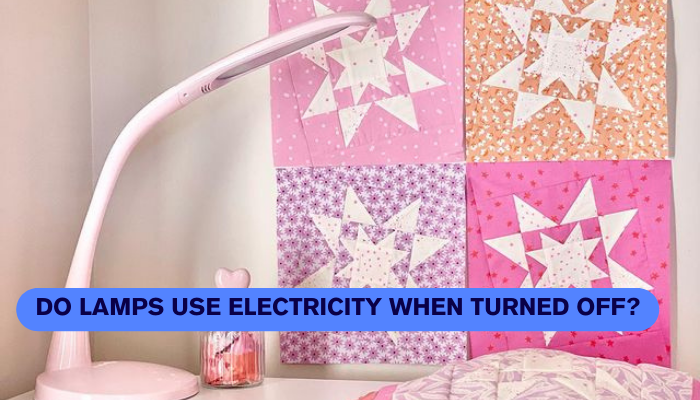Do lamps use electricity when turned off?

Have you ever switched off the light switch and found yourself questioning “Does a lamp use electricity when turned off?” No one’s alone here: this common concern plagues many as they seek to become more eco-conscious in daily living. At Stella Lighting, we care deeply about illuminating beautiful and efficient worlds for you to experience! This blog post will answer some questions of yours about electricity costs!
Do Lamps Consume Electricity When Turned Off?
A standard lamp equipped with an on/off switch typically does not consume energy when turned off; as its use acts as a barrier between it and a power source preventing electrical flow from passing freely when switched off. As there’s no flow, no energy consumption occurs during its off-state.
Note the exception for modern lamps equipped with advanced features!
Special Features: Standby Power and Remote Controls
Some Stella Lamps provide innovative features like touch controls, dimmers or remote controls – amenities which may come at the price of minimal standby power consumption; when switched off they still use fractions of watts worth of electricity to remain powered on to preserve these features in standby state.
Even though energy usage for lamps with this feature may be minimal, if energy conservation is of great concern, consider unplugging lamps when not used for extended periods.
Do Dimmed Lamps Consume Less Electricity?
In short – yes! When lamps are dimmed down to reduce light output and energy usage. Savings depend on the dimming level chosen, but overall dimming tends to be more energy-efficient compared to turning on and off repeatedly.
Expert Advice: For optimal lighting ambience and energy consumption control, choose a Stella Lamp equipped with its dimmer. This gives you precise control of lighting settings without overusing energy resources.
Should you Unplug Lamps at Night?
Deciding if unplugging lamps overnight depends entirely upon personal choice; here is a breakdown to assist in making this determination:
- Energy Efficiency: If energy conservation is of primary concern and your lamp comes equipped with standby functions, unplugging it overnight could produce slight savings; however, in general, the energy saved through unplugging standard lamps is minimal.
- Convenience: Nightly unplugging may become cumbersome and inconvenient when using lamps frequently.
- Safety: Most modern lamps with proper safety certifications should remain plugged in without issue; however, if you suspect electrical problems or have older lamps that might pose a potential danger, unplugging during extended absences might serve as a good safeguard against problems surfacing later.
The Final Verdict
Does a lamp use less electricity? With basic on/off switches, electricity usage while not in use is relatively minimal, though those equipped with standby features could draw additional energy when idle. Your decision on whether or not to unplug at night depends entirely on whether energy conservation or convenience takes priority in your mind.
At Stella Lighting, we carry an expansive selection of lamps designed with energy savings in mind, such as energy-saving LED models or those equipped with features such as dimmers or floor lamps with remote controls. Come visit us and find one that meets both aesthetic and energy goals!
